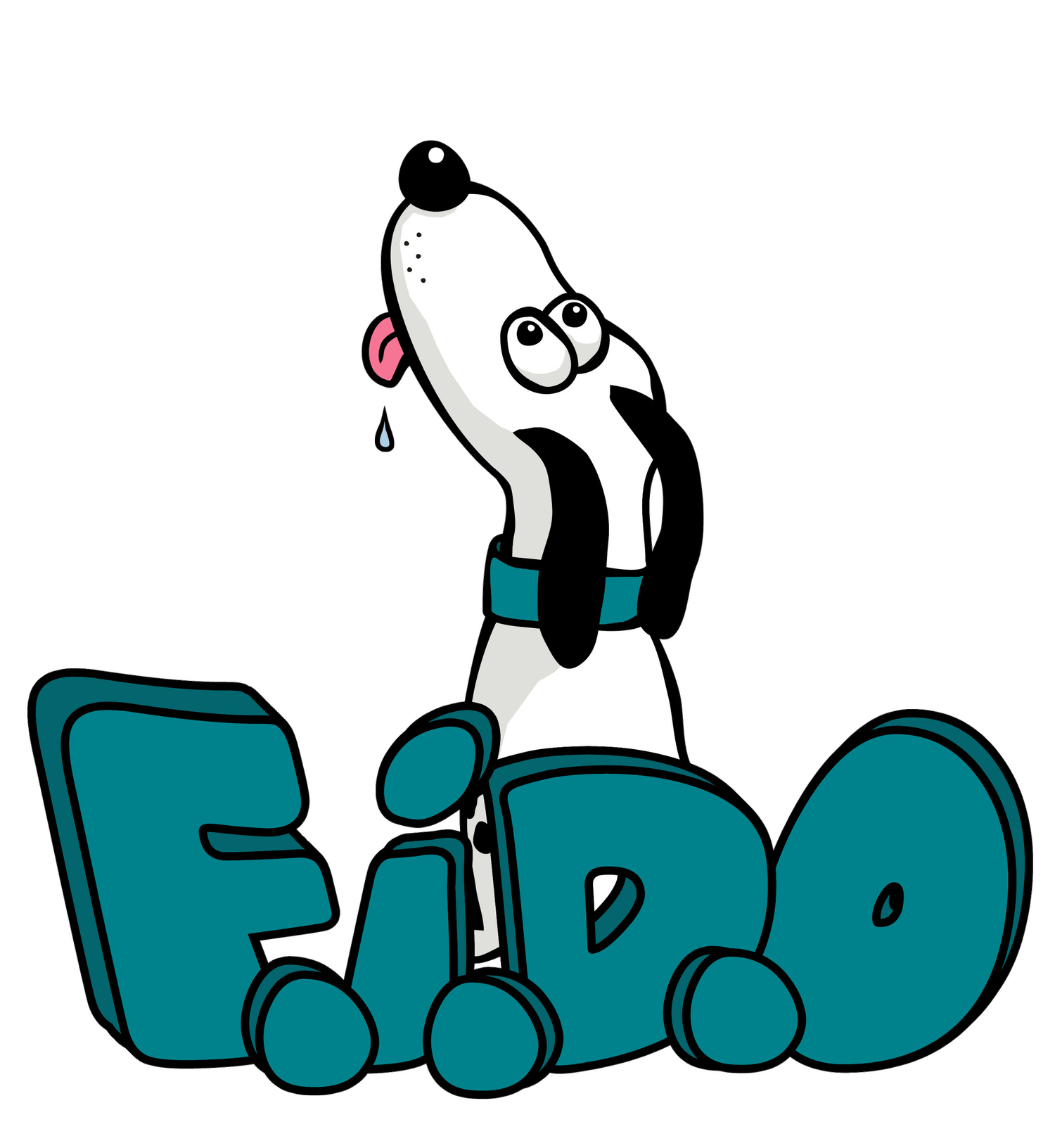Why is my dog reactive?
This is a question you may have asked yourself many times. Why is my dog barking and lunging at things in the environment when other dogs are not?
First of all, it’s not your fault. What we call reactivity is an emotional over-reaction to something in the environment. There are many reasons that your dog may over-react to what is going on around them. It could be fear, frustration, excitement or even a combination of these things and sometimes it is difficult to work out which, and why it is happening.
Although you don’t need to know exactly why your dog behaves in this way to go about helping them to change the way they feel, it can be really valuable to think about what might be happening and why.
Many of us will consider training and behavioural rehabilitation but for these approaches to work well we need to understand as much as we can about the causes of your dog’s behaviour.
Your dog may have experienced a particularly traumatic event that has led to them reacting every time there’s a chance that it could be repeated. Maybe they coped with one dog rushing up and leaping on them but started to react after a few more similar events.
It may be that there is a genetic cause to their behaviour. We know that puppies often learn anxiety and fear from their mothers, and studies have revealed that these tendencies can be passed through the generations on either side. Sadly, there’s little you can do about this inheritance but at least it may help you to understand your dog’s feelings better.
One extremely important aspect of reactive behaviour that can often be missed, is the influence of pain, discomfort and even the memory of pain. All of these can affect how your dog feels. I know that if I am in pain or uncomfortable, I am likely to be less tolerant generally, more distracted and more concerned about others coming close to me.
Dogs are extremely good at masking pain so it isn’t necessarily an easy task to identify it.
You may be able to identify joint and muscle pain and stiffness for example, by studying your dog’s movements and touching their body. Changes in coat pattern and even coat colour can indicate tension under the surface.
Pain and discomfort from the gut is another huge area of concern. The gut and the brain are very closely connected via the Vagus nerve and biochemical signalling. Imbalance or inflammation can mean that your dog is less able to regulate their emotions and will react more quickly to stress. It is not uncommon for dogs with poor digestive health to be noise sensitive, anxious, obsessive and/or aggressive in their behaviour.
If you are concerned, get your pet thoroughly checked over by your vet.
Make sure that you are giving your dog the best possible diet to support their behaviour as well as their health. Dogs vary in their tastes and how their bodies respond to certain foods but there is no doubt that a balanced, species appropriate fresh diet is the best way to keep their gut and brin happy.
